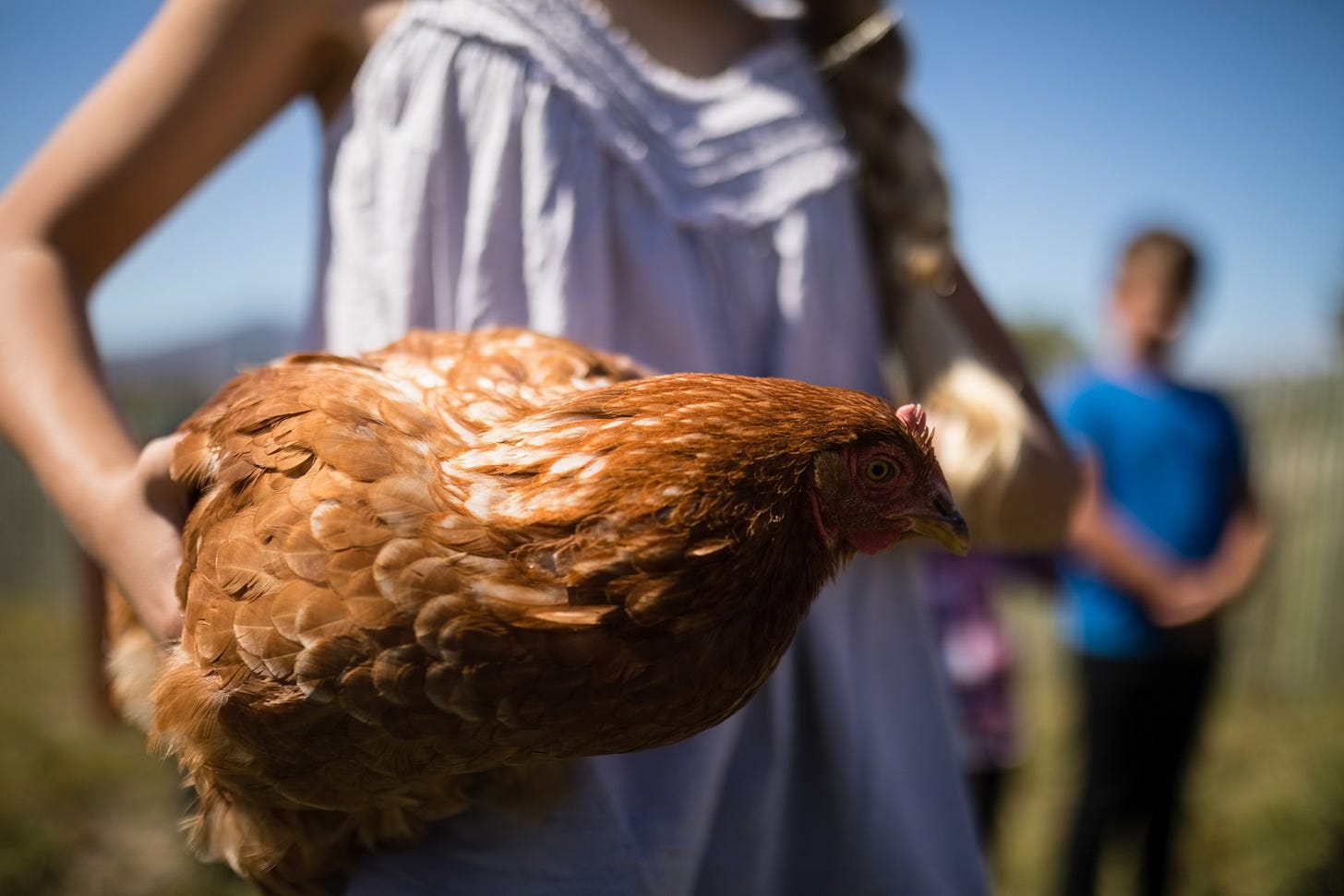Illinois' Chicken Bill Is a Win for Food Freedom and Farm Families
Illinois lawmakers put food freedom first with a new law that cuts red tape for small poultry farmers and expands access to locally raised meat.
In a rare moment of bipartisan clarity, Illinois lawmakers unanimously passed House Bill 2196—known as the “Chicken Bill”—and in doing so, handed a vital lifeline to small farmers and local food systems across the state https://capitolnewsillinois.com/news/illinois-chicken-bill-aims-to-boost-small-poultry-farms-expand-access-to-their-products/.
This legislation increases the number of poultry that small farmers can raise, process, and sell directly to consumers—from 5,000 to 7,500 birds annually—without being forced into USDA-inspected processing facilities. That may sound like a minor administrative tweak, but for small-scale producers, it’s a game-changer.
A Step Toward Food Freedom
This bill is about more than chickens. It’s about restoring autonomy to small family farms, strengthening rural economies, and giving consumers more access to locally grown, ethically raised food.
In an era when giant meatpackers control the supply chain, small farmers are often crushed under the weight of regulations designed for multinational corporations. HB 2196 is a rare instance where government listened to the people who live and work closest to the land. Farmers were at the table, and their voices shaped the law.
By increasing the exemption threshold, the state has acknowledged what many of us already know: local food is safer, fresher, and more accountable when it comes directly from the farmer.
Debunking the Fear
Of course, the usual objections surfaced. Public health advocates expressed concern over the lack of state or federal inspection. But those concerns were not ignored—they were met with solutions.
The law now requires temperature controls, sealed packaging, clearly marked labels, and farm-of-origin transparency. These measures protect consumers while avoiding the bureaucratic chokehold of industrial-scale regulations.
Let’s be honest—no one is forced to buy this poultry. These transactions are between informed buyers and transparent sellers. It's the very essence of consumer choice.
Why This Matters More Than Ever
America’s centralized food system is increasingly fragile. COVID, bird flu, and now H5N1 fears have exposed just how vulnerable we are when we rely on just a few corporate players to feed us. Small farms provide a crucial buffer—a resilient, regional alternative to the bottlenecked system we’ve come to depend on.
By removing red tape, Illinois is empowering these farms to grow. That means more diverse food options for families, more opportunities for rural entrepreneurship, and fewer barriers between farm and fork.
This bill also reflects a growing national trend: food freedom laws are gaining traction. States like Wyoming, Arkansas, and Missouri are recognizing that over-regulation doesn’t just hurt farmers—it robs communities of food independence.
Deregulation Done Right
What makes the Chicken Bill so effective is that it proves deregulation and food safety aren’t mutually exclusive. We don’t need to trap small farmers in a maze of red tape to ensure safety. We need smart, scalable policies—and this is exactly that.
Illinois lawmakers—both Democrat and Republican—deserve real praise for pushing this forward. It’s a rare thing these days: a law that puts common sense, food access, and farm freedom above politics. https://www.myjournalcourier.com/news/article/illinois-poultry-farmers-bill-20368701.php
The Takeaway
The Chicken Bill isn’t just good policy. It’s a model for every state looking to strengthen food security, support small farms, and give consumers the freedom to choose local.
We need more of this—not less. Because food grown close to home, processed with care, and sold by people you know isn’t a health risk. It’s a healthier future.




